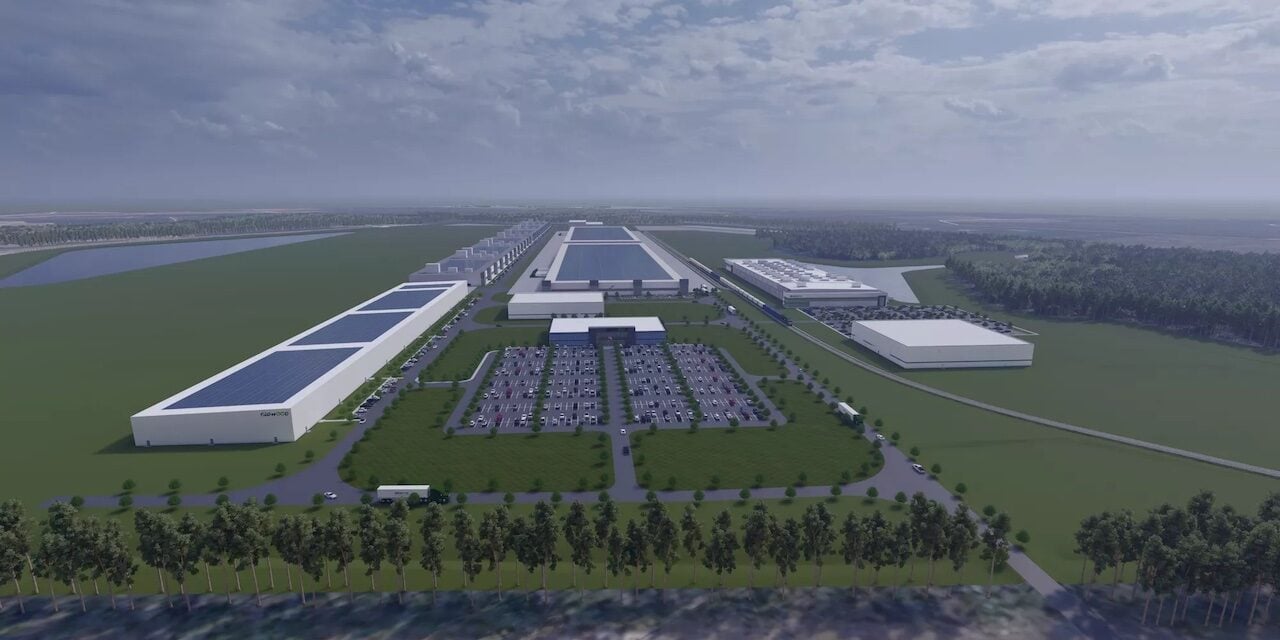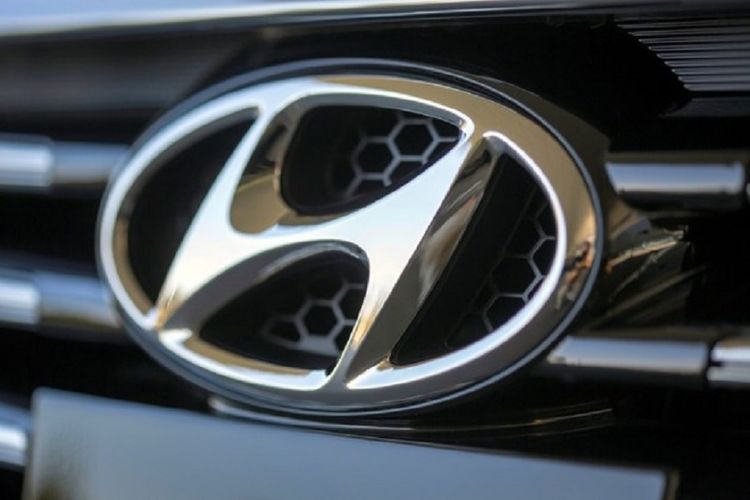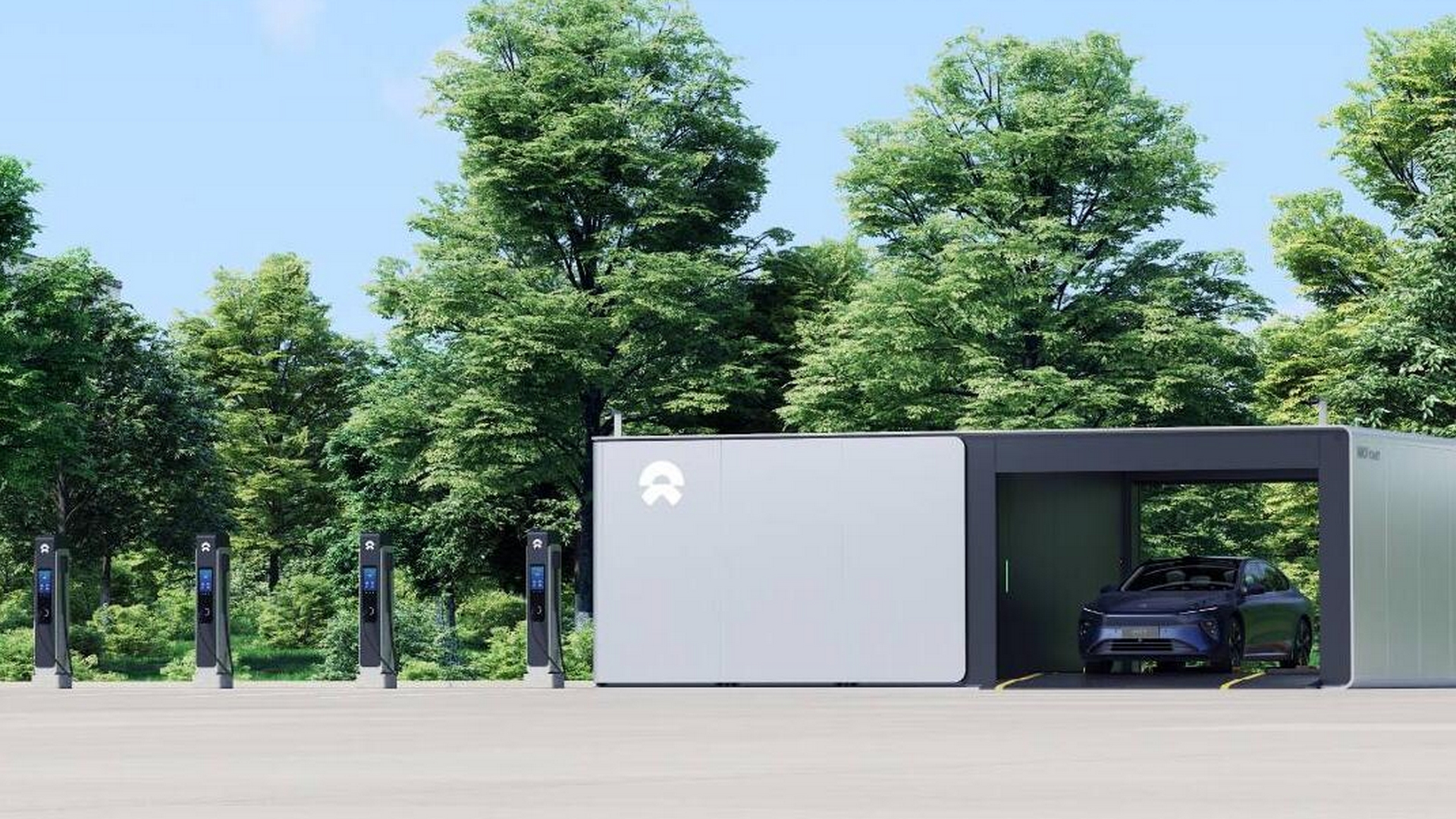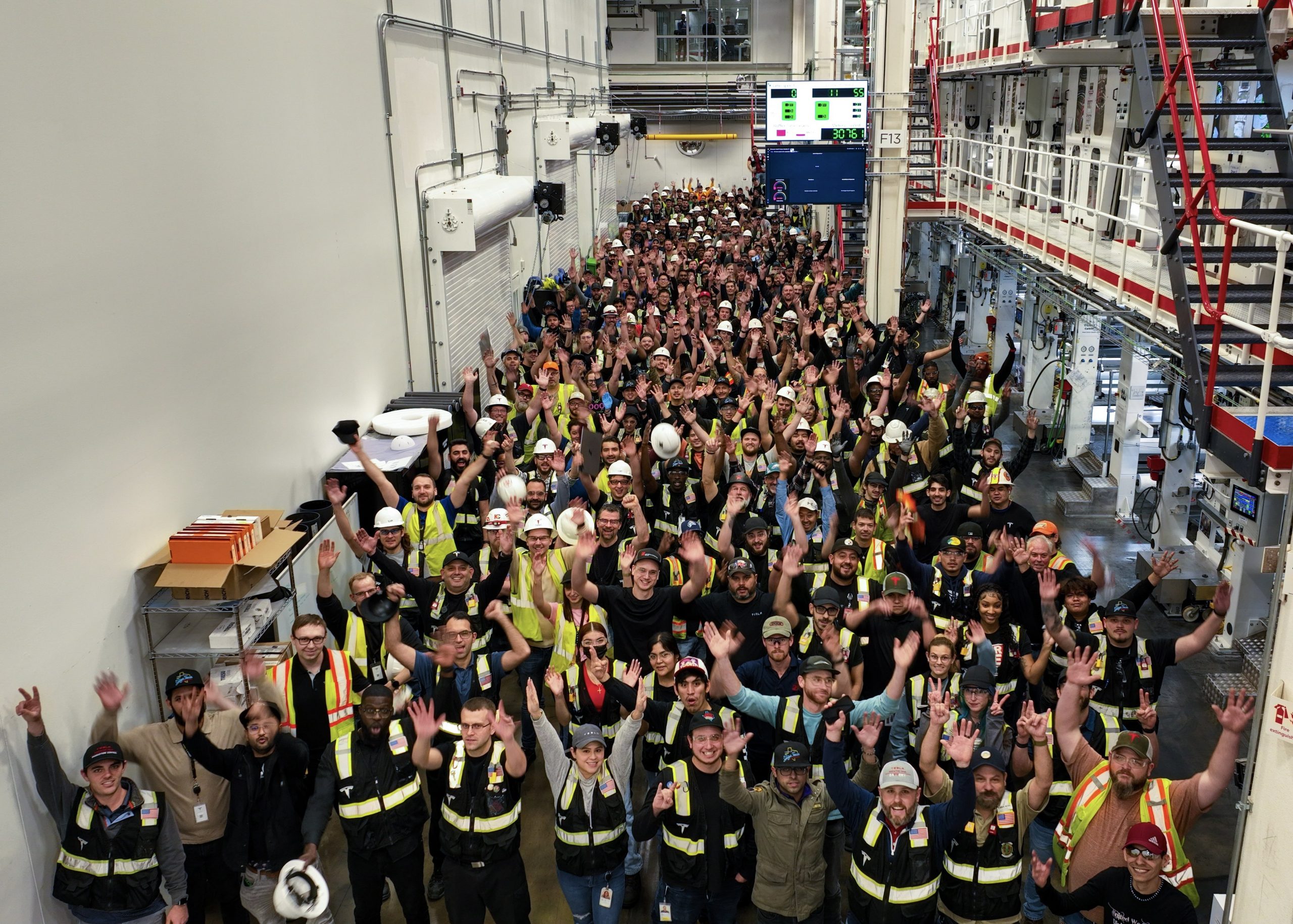Redwood Materials, which specializes in making battery components for automotive applications from recycled materials, recently announced that it has selected a site near Charleston, South Carolina, as the building site for its “Battery Materials Campus”.
Redwood said the construction of the “Battery Materials Campus” will cost $3.5 billion and will serve to recycle, repair, and manufacture anode and cathode components for automotive batteries.
The facility will be run by more than 1,500 employees and will eventually produce enough cathode and anode materials to power one million EVs annually, although it said production could be expanded from there if needed.
South Carolina was chosen because of its proximity to auto manufacturers and battery cell production sites. Redwood Materials explains that America’s “Battery Belt” forms between Michigan and Georgia, and with the new location, it hopes to be nearby to service some of these companies.
“Redwood’s existing partners such as Toyota, Volvo, Panasonic and Envision AESC also have a strong foothold in this region, in addition to many other battery manufacturers,” the company said.
“South Carolina allows us to meet the demands of our partners while also scaling in the most sustainable and cost-effective way.” he continued.
This will be important because the size of the battery supply chain is one of the downsides of electric vehicles. Automakers and battery suppliers in the US currently have to pick up anode and cathode parts from as far as 50,000 miles (80,467 km), according to Redwood Materials.
That not only costs the planet, but represents a huge amount of money that could be used to support American manufacturing. When it comes to environmental impact, Redwood Materials says it wants to be at the forefront.
The operation of the Redwood mill will be 100 percent electric (not even running the gas line to the mill), which will produce zero emission, clean energy.
Combined with its innovative manufacturing process, the company expects its anode and cathode production to produce 80% less CO2 than traditional manufacturing.
Redwood plans to build a new South Carolina plant in the first quarter of next year. They hope the first recycling process can start running in late 2023.







